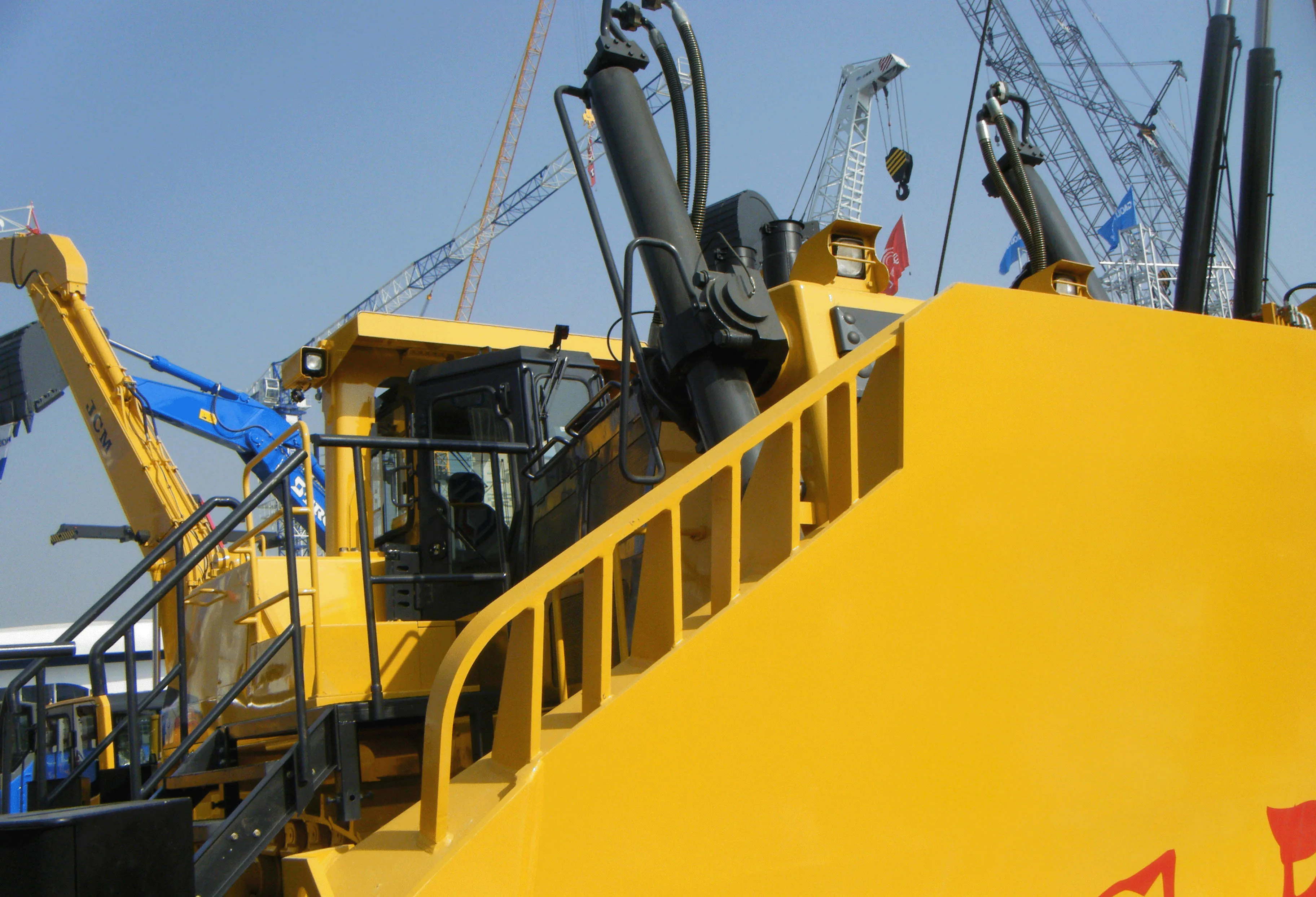Two Siemens PC SCOOT systems have recently been installed in the Chinese cities of Nanjing and Wuhan, and more equipment has been supplied to Chengdu and Dalian.
February 24, 2012
Read time: 2 mins
RSSTwo 1134 Siemens PC SCOOT systems have recently been installed in the Chinese cities of Nanjing and Wuhan, and more equipment has been supplied to Chengdu and Dalian. In Nanjing, located in the Yangtze River Delta, 95 junctions will be managed and controlled by PC SCOOT and in Wuhan, capital of the Hubei province, 426 junctions will be monitored.
The Wuhan contract represents one of the company's largest overseas orders in recent years and forms part of a prestigious2332 World Bank project, including the provision of a new Urban Traffic Control (UTC) system with PC SCOOT and the supply and installation of more than 400 signal controllers and 1,000 detector units over a period of 18 months.
According to Peter Gorton, Siemens' general sales manager, cities in China are among the most progressive in all Asia, building infrastructure for the future to deal with growing populations and increased levels of road and pedestrian traffic. "Supporting this continued development, our systems and equipment will help both cities manage the additional traffic more effectively," he said.
PC SCOOT offers users numerous benefits, including ease of use, simple installation and migration, and reduced equipment and maintenance costs, all operating on a PC. The advanced features reduce maintenance requirements and provide more opportunities for implementing a range of traffic control solutions. PC SCOOT includes all the major features of the Siemens UTC/SCOOT system, monitoring traffic in real-time, it optimises traffic signal operation and adjusts the signal timings to match prevailing conditions, thus increasing network efficiency.
The Wuhan contract represents one of the company's largest overseas orders in recent years and forms part of a prestigious
According to Peter Gorton, Siemens' general sales manager, cities in China are among the most progressive in all Asia, building infrastructure for the future to deal with growing populations and increased levels of road and pedestrian traffic. "Supporting this continued development, our systems and equipment will help both cities manage the additional traffic more effectively," he said.
PC SCOOT offers users numerous benefits, including ease of use, simple installation and migration, and reduced equipment and maintenance costs, all operating on a PC. The advanced features reduce maintenance requirements and provide more opportunities for implementing a range of traffic control solutions. PC SCOOT includes all the major features of the Siemens UTC/SCOOT system, monitoring traffic in real-time, it optimises traffic signal operation and adjusts the signal timings to match prevailing conditions, thus increasing network efficiency.







